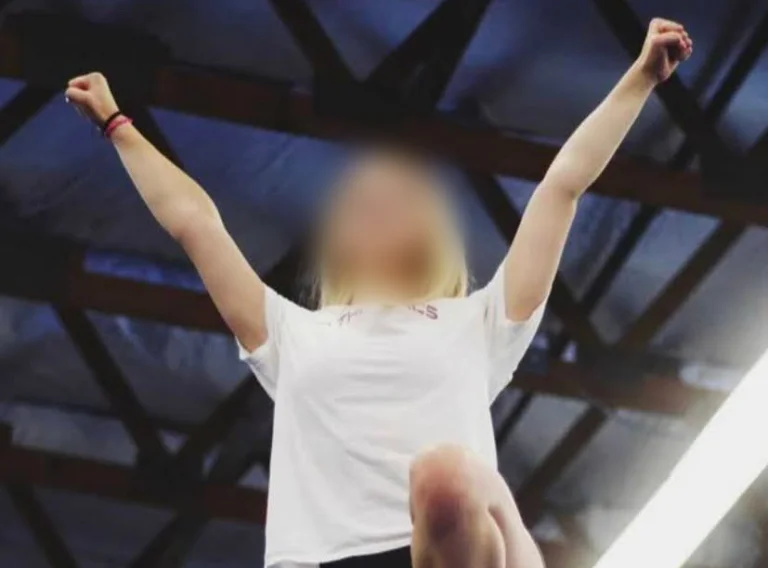In the labyrinthine corridors of the criminal justice system, victims of sexual abuse often find themselves navigating a maze of hope, despair, and unanswered questions. Such was the journey of a young woman we represented who bravely stepped forward to accuse her cheer coach of molestation, only to watch as the system promised her justice, then inexplicably failed to deliver.
Her case, which persisted for over a year and a half, was not an isolated incident. The prosecution, armed with incontrovertible evidence in the form of photographs and multiple victims pursued the charges with what seemed like unwavering determination. Yet, without explanation, the charges were dropped, leaving our client in a void of confusion and betrayal. To this day, she has not been told why the pursuit of justice was abandoned.
For many victims, the end of a criminal case is just the beginning of a lifelong struggle for closure and peace. The anguish of not seeing her abuser held accountable was palpable. Despite multiple victims and damning evidence, the system she believed in turned its back on her.
Our client was undeterred. She wanted to pursue any avenue she could to make him accountable for what he had done to her. The civil system offered her a second chance.
We stood by her when the government faltered. Our commitment to her case culminated in a civil settlement, a measure of recompense for the wrongs she endured. However, this settlement, while significant, could never fully compensate for the emotional and psychological toll inflicted upon her.
It is a harsh reality that many victims would willingly trade substantial financial compensation for the satisfaction of seeing their perpetrators behind bars. Our client is no different. She would have exchanged millions of dollars for the conviction of the man who shattered her sense of safety and trust. This juxtaposition highlights a profound question: Why does our criminal justice system sometimes fail those it is meant to protect?
The civil justice system, often overshadowed by its criminal counterpart, plays a crucial role in addressing these failures. It offers victims a chance for direct engagement and empowerment, allowing them to reclaim a part of their lives that was unjustly taken. Yet, the existence of such a necessity speaks volumes about the gaps within our criminal system.
For every victim who steps forward, we owe them our unwavering commitment to believe, support, and fight for their right to justice—no matter how long it takes or how many systems we must navigate.

